On Monday, I was fortunate enough to spend an Afternoon of Happiness in London. This was an event organised by Action for Happiness and included a 1.5 hour chat with the Dalai Lama. Now if that wasn’t inspirational enough, there were a number of other guest speakers, all of whom wanted us to be happier! What a great way to start the week.
One of the key themes was how giving makes people happy. Not just the person receiving the gift but the person offering the gift. We live in a society where “self” is so important; where mottos such as “look after number one because no one else will” are commonly heard. So how do we move from that to looking after someone other than number one? We don’t all have a mountain of money so offering to pay for a stranger’s groceries isn’t always an option. So how can we be generous without it involving hard cash? One of the most precious items we have to give is our time. One of the most valuable things someone can receive is your consideration.
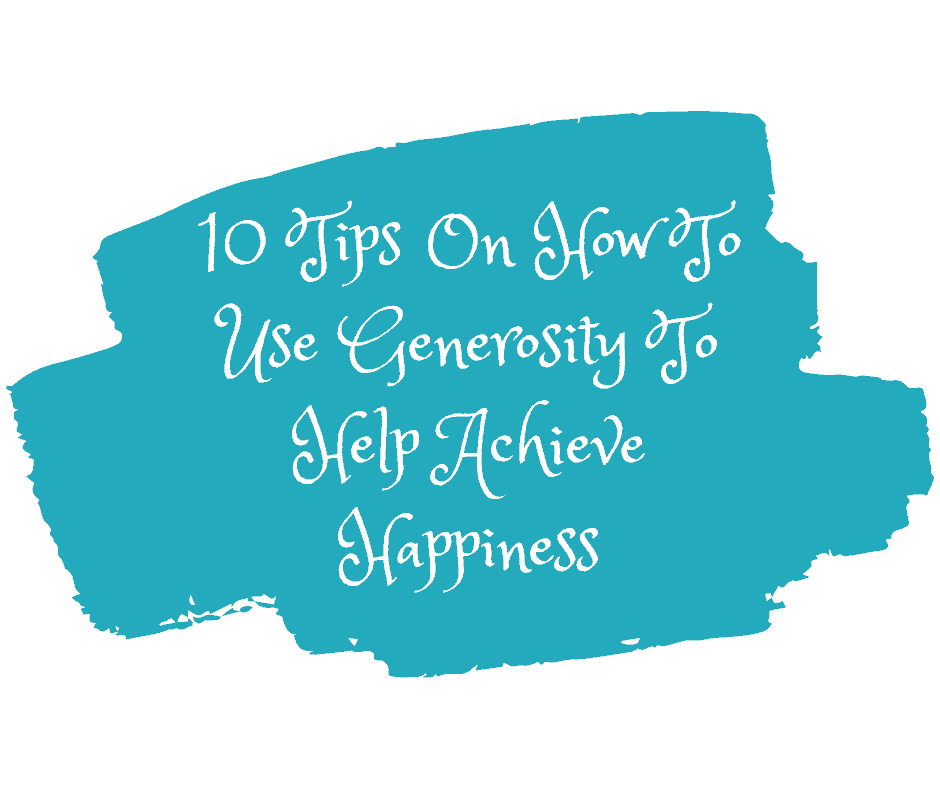
Here are 10 Tips on how to use generosity to help achieve happiness, the first one is a total steal from Suzy Greaves from Psychologies magazine. I am a huge fan of the magazine and having Suzy as one of the speakers was the icing on the cake for my Afternoon of Happiness.
I am going to attempt all of these in the next month and will let you know if I feel happier at the end of it. Let me know if you are going to join me in the effort.
- Let people in when driving. We all know how easy it is to pretend not to notice some poor guy trying to pull out of a junction into your line of traffic or pull over into your lane, so for the next week make a concerted effort to look out for these people and let them in. Not only will you feel good about doing it, they will feel good about it too.
- Let the person with one or two items go ahead of you. There is nothing worse, on your lunch hour, to hit a large queue at the check out, especially when everyone seems to have 100 items when all you want to do is buy your sandwich and drink. So be nice, look for them and let them ahead of you.
- Let the new mum go and soak in the bath for an hour. If you are a mother, you will remember those first few months when all you want to do is have a soak or a shower without a child in the same room. So offer to sit with their precious bundle while they luxuriate in the bath room. As a mum, I can promise you this was one of my favourite gifts when the children were younger. Even now, my husband knows that letting me soak whilst standing guard to prevent children entering the bathroom is a sure way to get brownie points.
- Offer a friend the chance to offload. Sometimes, we will avoid that friend who is having a bad time because we feel that their negative frame of mind is not something we want to deal with. However, often that friend just needs to offload, they don’t want your advice or for you to do anything, other than listen to them. So go to their home, have a cuppa, take a cake and let them spill. Going to their home means you get to choose when you leave. Be up front though, let them know when you walk through the door what time you have to leave. Don’t suddenly spring it on them.
- Ring a friend, parent or family member. Ringing someone just for a chat is a lovely way to say “I was thinking about you”. If you have an elderly parent, living alone or a friend who has young children and struggles to get out of the house, then having someone ring just for a chat can mean a lot to them. Again, let them know you have to go by a certain time but then sit back with a cuppa and ask them how they are.
- Tell someone how much you appreciate them. We are all so quick to write a letter of complaint or ring up customer services because of an issue but not so quick to say “thanks, that really helped”. So once a week make it a practice to send an email, write a letter or make a quick call to say thanks to someone. It could be your children, if they have let you get on with something without interrupting; it could be your partner for making dinner the night before; a teacher, a health professional, or basically anyone who at some point that week made you smile.
- Share your knowledge. Maybe you have just read a book which you believe may help a friend, or maybe you’ve seen a webinar or documentary which has information a colleague may appreciate. Maybe you have 1,001 organising tips for mums or 10 strategies on dealing with children’s bedtimes. Share them. Often if we have a friend who is struggling with something, they don’t have time or space in their brain, to research new ideas. So summarise them and let people know.
- Have a dedicated time for your children. Make sure that you and they know that 4pm to 6pm or Saturday afternoon or whatever is your time together. Commit to that time, don’t take phone calls (obviously real emergencies can intrude but not your mate ringing to ask for advice on her love/work issue), turn your phone off, switch off social media notifications and just be with your child. If you are doing something fun and want to take photos, do but don’t share them immediately on social media. You can share later that evening.
- Listen to your partner talk about their day. When your partner gets home, often they start to talk about their day and it is all too easy to glaze over and just pretend to be listening to them. Take five minutes out of your day to actively listen to them. Often you won’t have a clue what they are talking about (my hubby is a traffic signal engineer and I have no idea what controllers or routers are or how to build them) but stay engaged, ask questions, show an interest and make it obvious that you are listening.
- Smile! We are so focussed on getting to where we need to, or thinking about what we have to do, that we frequently forget to smile at people. It costs nothing, uses less muscles than a frown and smiles make other people happier too.
Action for Happiness have 40 ideas of how to be kind to others but what examples do you have? How do you practise generosity? Not all of my suggestions or even those of Action of Happiness will work for you so what does? How can you be generous this week and help yourself and others feel happier?
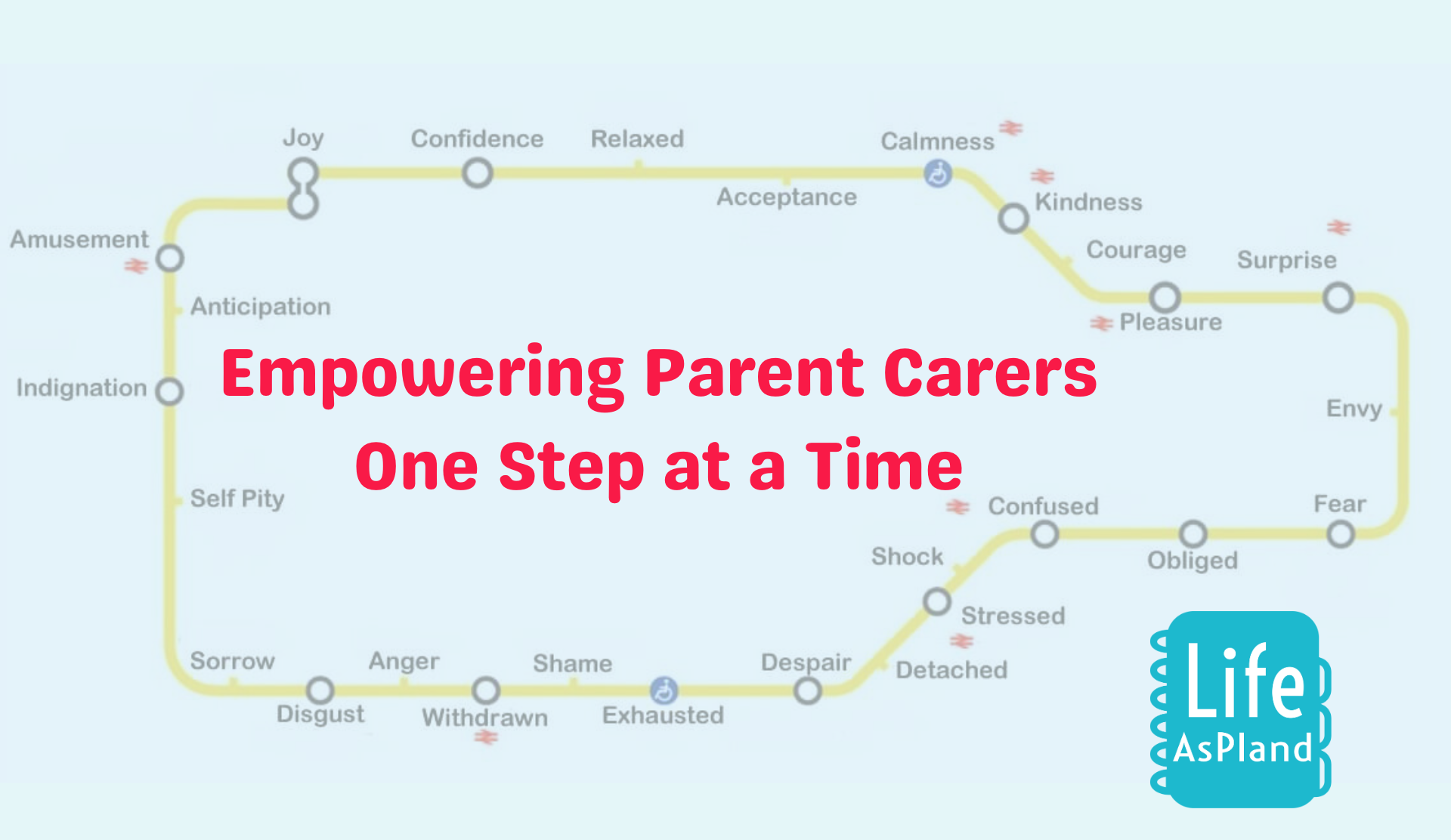
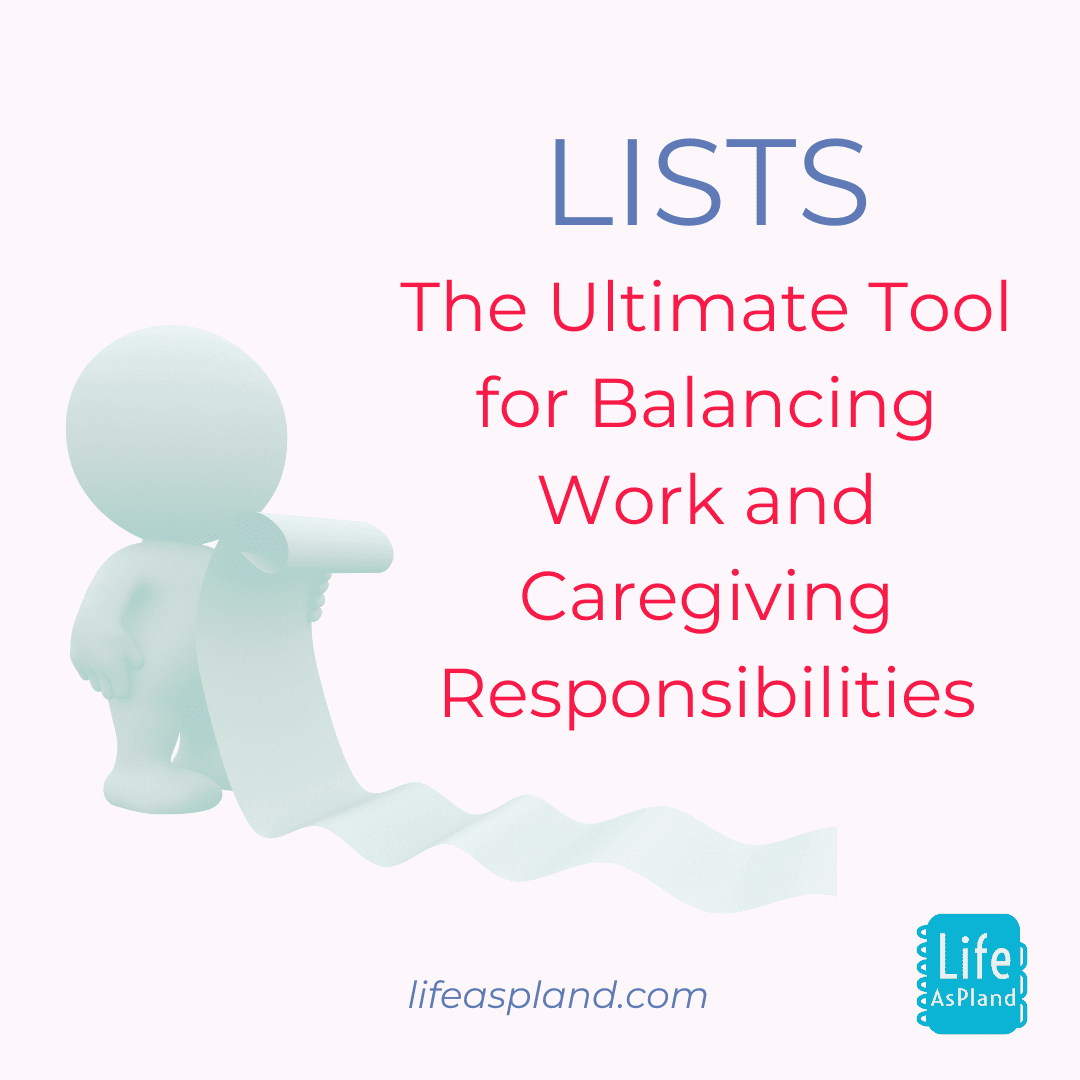
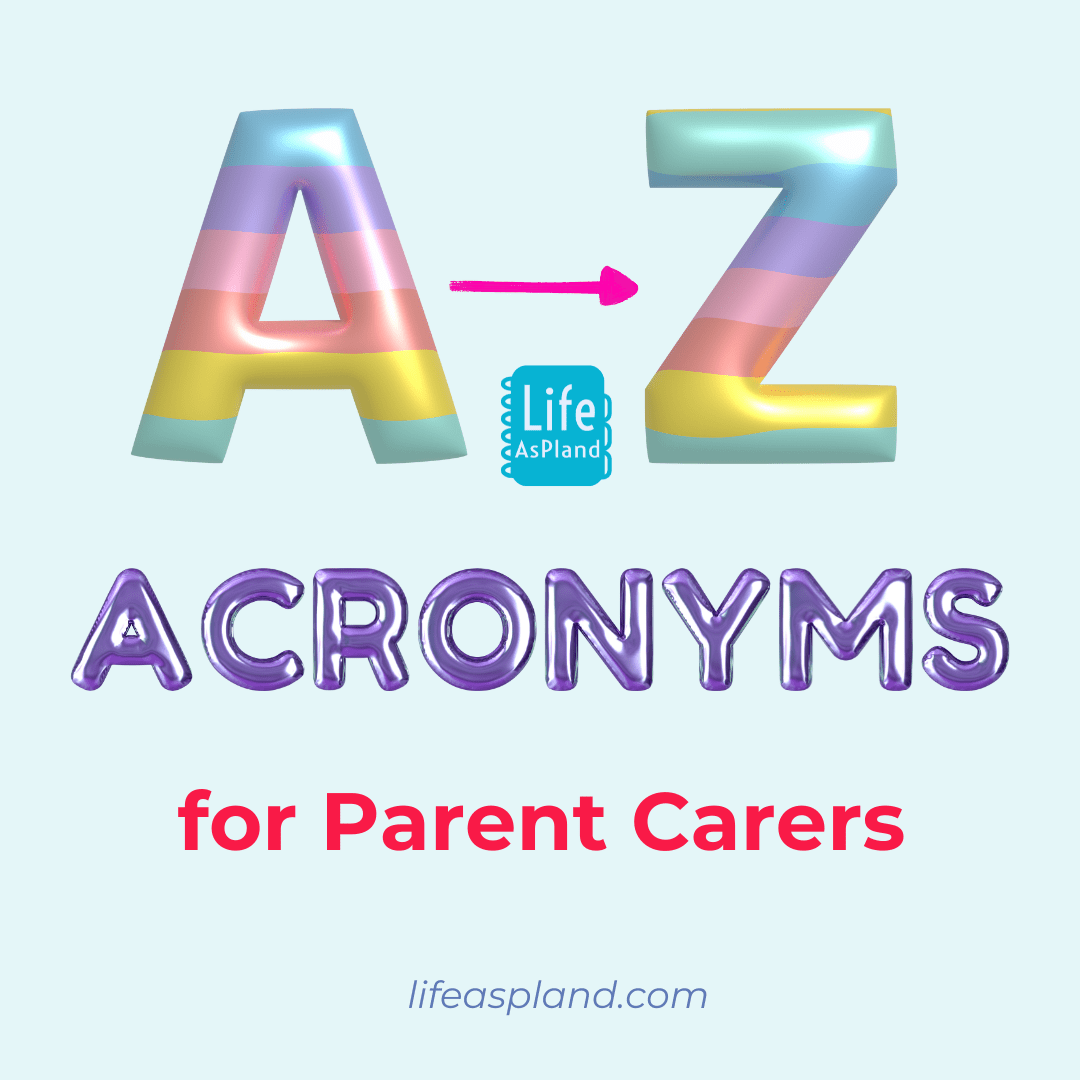
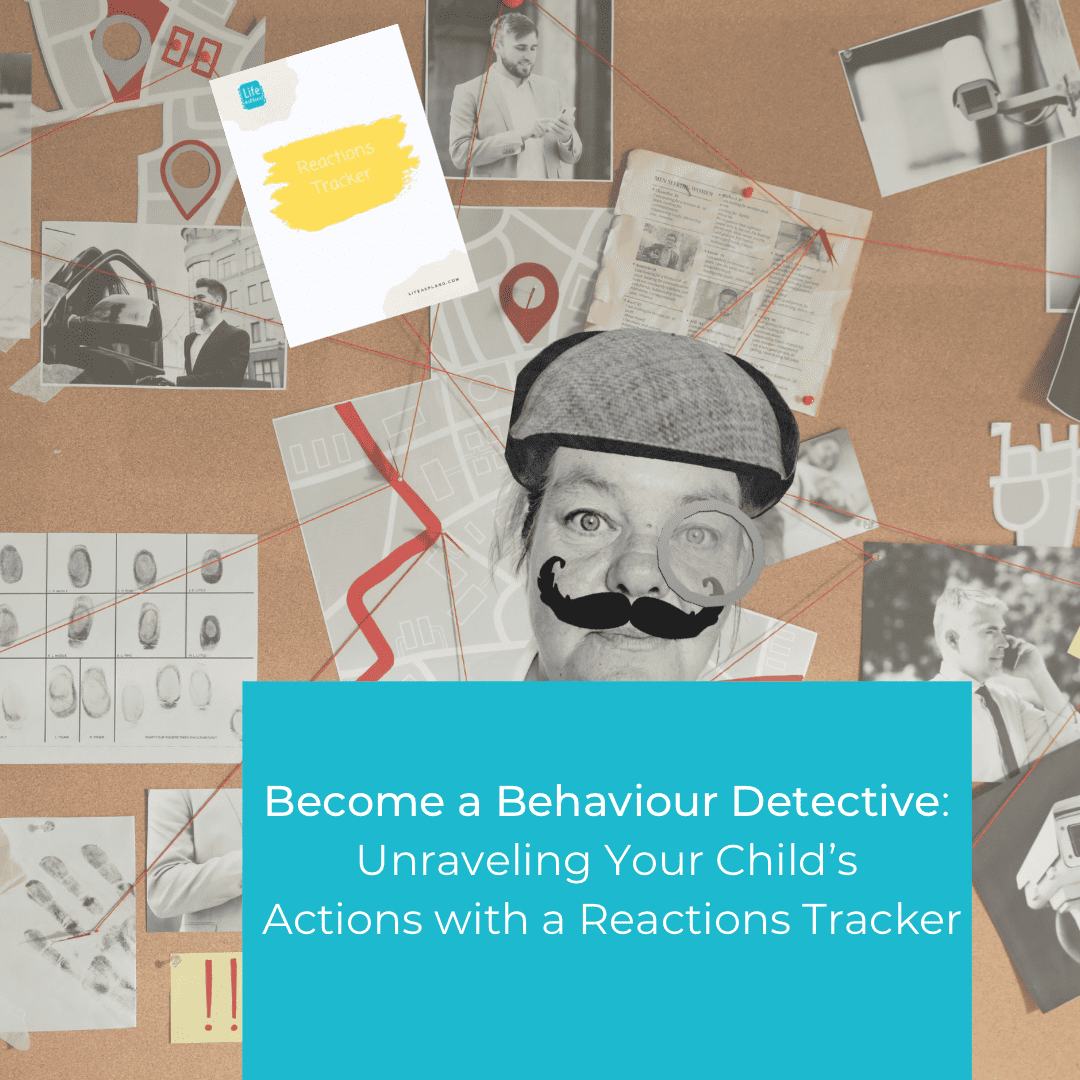


3 Comments